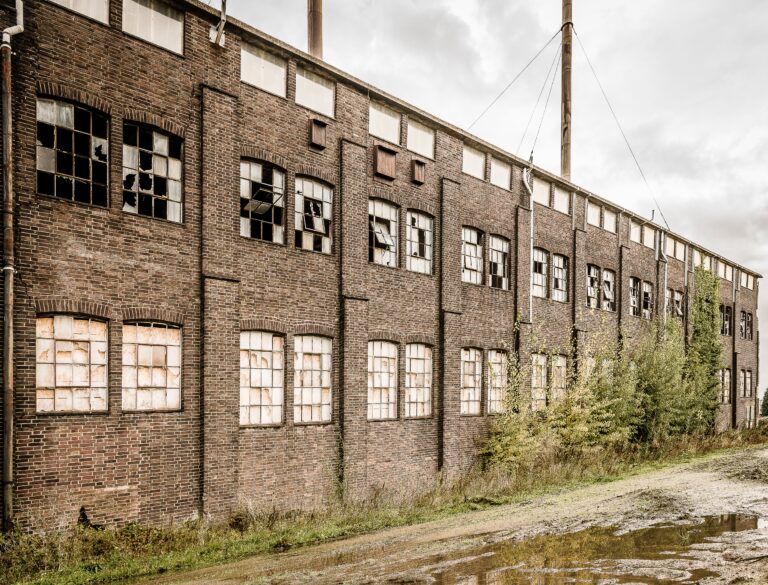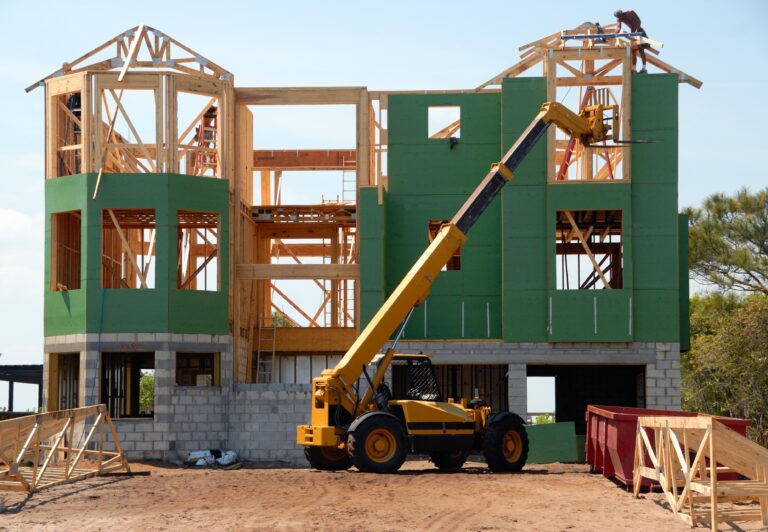As we enter the second half of 2023, the economy is full of recession fears and uncertainties.
A rate-hiking campaign by the federal reserve, two consecutive quarters of negative growth to start last year, and several other market and data signs that have historically been very accurate at indicating when trouble is coming.
And yet, we’re still not in a recession.
CNBC reports that recession worries continue to cast a shadow over the markets. For investors, this may be a cause for concern. But (as you may know), there is one asset class that has held its own during uncertain times.
That asset class is multifamily real estate.

MULTIFAMILY AS A SAFE HAVEN DURING RECESSION FEARS
Recession resilience
Historical data suggests that multifamily real estate often exhibits resilience during economic downturns.
-
- Vacancy rates: During the 2008 financial crisis, the vacancy rate for multifamily properties remained relatively low, at around 5%. This was in stark contrast to the vacancy rate for single-family homes, which reached a peak of 12% in 2009.
-
- Rental rates: Rental rates for multifamily properties also remained relatively stable during the 2008 financial crisis. In fact, they actually increased slightly in some markets.
-
- Appreciation: The value of multifamily properties also appreciated during the 2008 financial crisis. In some markets, the value of multifamily properties actually increased by more than 10%.
Demand for housing remains strong even during economic downturns.
As economic conditions worsen, individuals may find homeownership less attainable, leading to an increased demand for rental properties. Multifamily real estate, with its inherent ability to provide housing to multiple tenants, is well-positioned to capitalize on this demand.
Diversification and risk mitigation
Investing in multifamily properties inherently offers diversification. Unlike single-family rentals and fix-and-flips, where a vacancy results in a complete loss of rental income.
If one tenant in a multifamily property vacates, the remaining tenants will still be paying rent. This helps to protect the investor’s income and minimizes the risk of loss.
Apartments spread the risk across several tenants. This ensures a more stable cash flow, which is particularly valuable during a recession when income streams might be unpredictable.

MULTIFAMILY AS A SAFE HAVEN DURING RECESSION FEARS
Inflation hedge
Multifamily real estate can be a hedge against inflation. As prices rise, so does the value of real estate.
With the Federal Reserve raising interest rates, inflation is a significant concern for investors.
Real assets, such as real estate, have historically served as a hedge against inflation. As prices rise, so does the intrinsic value of real property. Moreover, rental rates can be adjusted to keep pace with inflation, ensuring that your investment yields a real return.
If inflation rises by 5%, the value of your multifamily property is likely to increase by 5% as well. This means that your investment will still be worth the same amount in real terms, even though the price of goods and services has gone up.
Leverage tax advantages
Finally, multifamily real estate offers tax advantages, such as depreciation and mortgage interest deductions.
These can offset the investment income, thereby reducing the taxable income. In an uncertain economic environment, tax savings can be a critical factor in protecting your net returns.
For example, the depreciation deduction allows you to deduct the cost of the property over a period of time, even though you are still receiving rental income from it. This can significantly reduce your taxable income and boost your after-tax returns.
Long-term appreciation
While the short-term benefits of cash flow and tax advantages are tangible, it is also essential to consider the long-term appreciation potential of multifamily properties. Well-located and well-managed properties are likely to appreciate over time, contributing to the overall return on investment.
For example, a multifamily property that is located in a growing area is likely to appreciate in value over time. This is because the demand for housing in that area will increase, as more people move in.
Ride out the winter and be set up to explode when the market warms back up.
If you want to learn more about apartments, then let’s talk.


